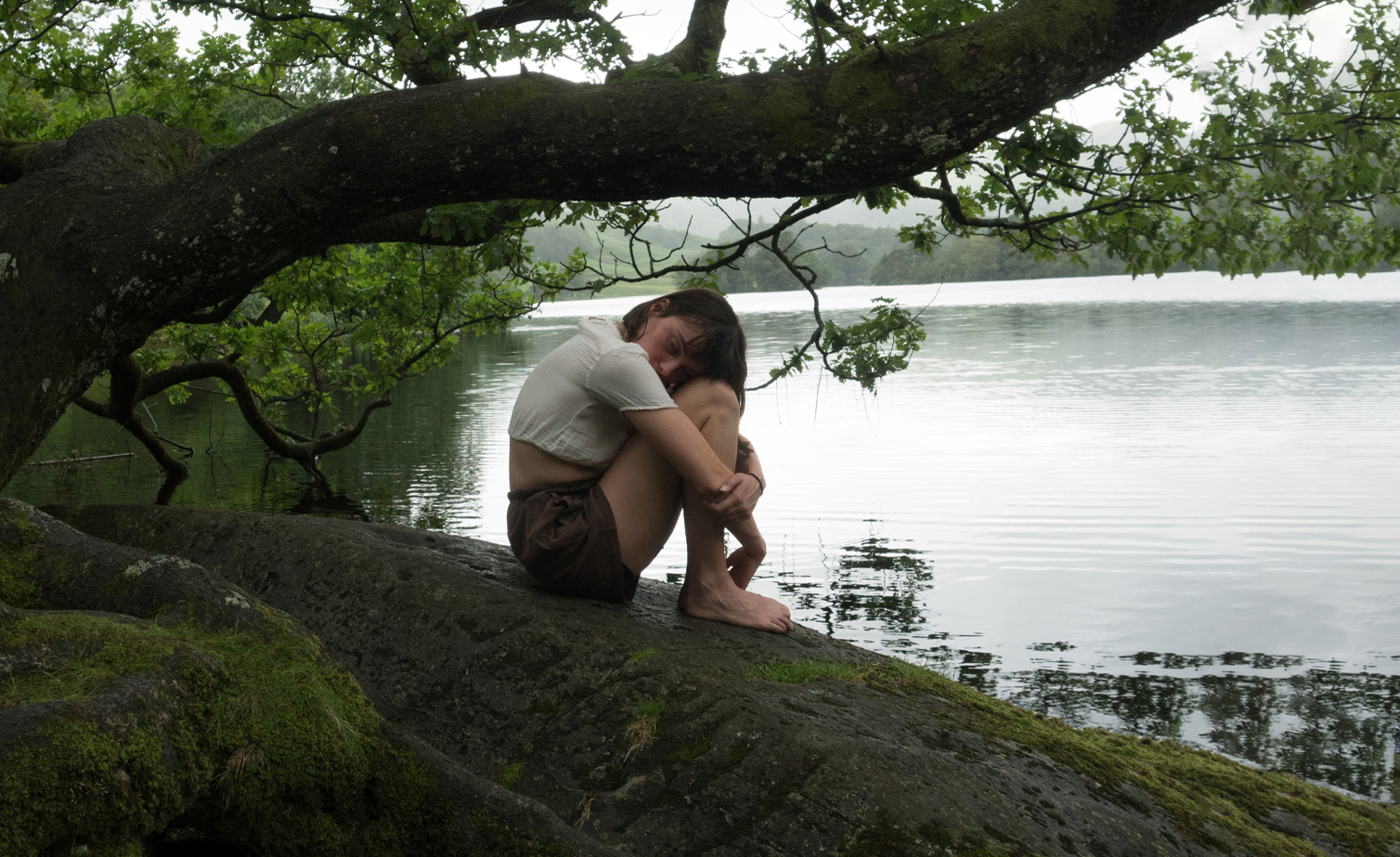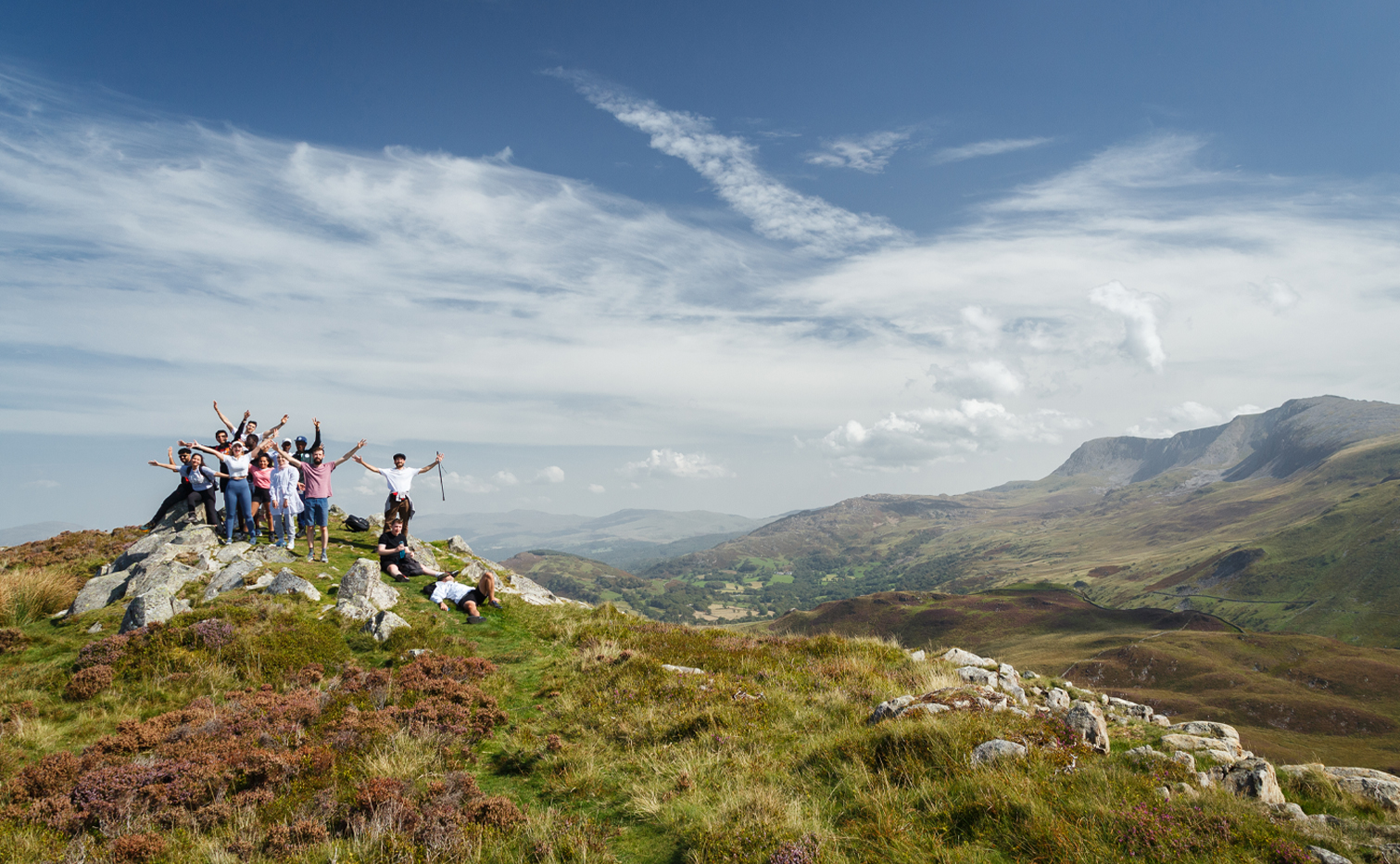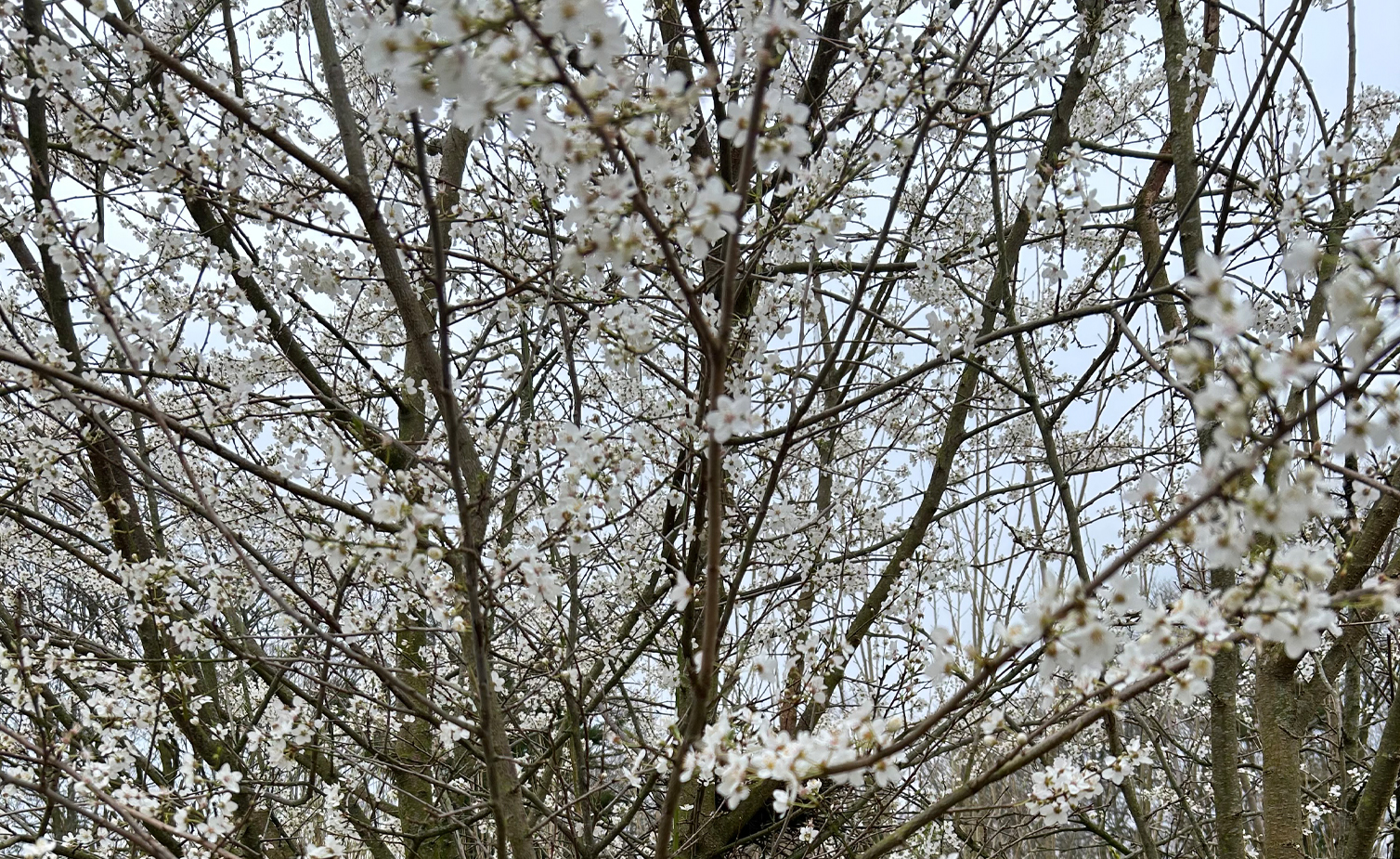As we move into spring, our thoughts turn towards making plans for the summer holidays. From solo or family adventures to beach and city breaks, we are looking to rest, recharge or explore a new culture. But how can we approach planning our next trip in a mindful, more sustainable way that will leave us feeling refreshed and relaxed rather than in need of a second holiday to recover?
We’ve put together some ideas that will help you adopt the concept of slow travel and ensure your next holiday has a respectful impact on our world.

What is ‘slow travel’?
The concept of slow travel is part of a broader ‘slow life’ philosophy which Carl Honoré sums up in his 2005 book, In Praise of Slowness, ‘The Slow Movement is a cultural revolution against the notion that faster is always better. It’s not about doing everything at a snail’s pace, it’s about seeking to do everything at the right speed. Savouring the hours and minutes rather than just counting them. Doing everything as well as possible, instead of as fast as possible. It’s about quality over quantity.
In this sense, slow travel is about taking trips at a more mindful pace rather than trying to create a jam-packed itinerary. It is about taking the time to immerse yourself in one place and getting to know it rather than rushing through and ticking off the must-see attractions.
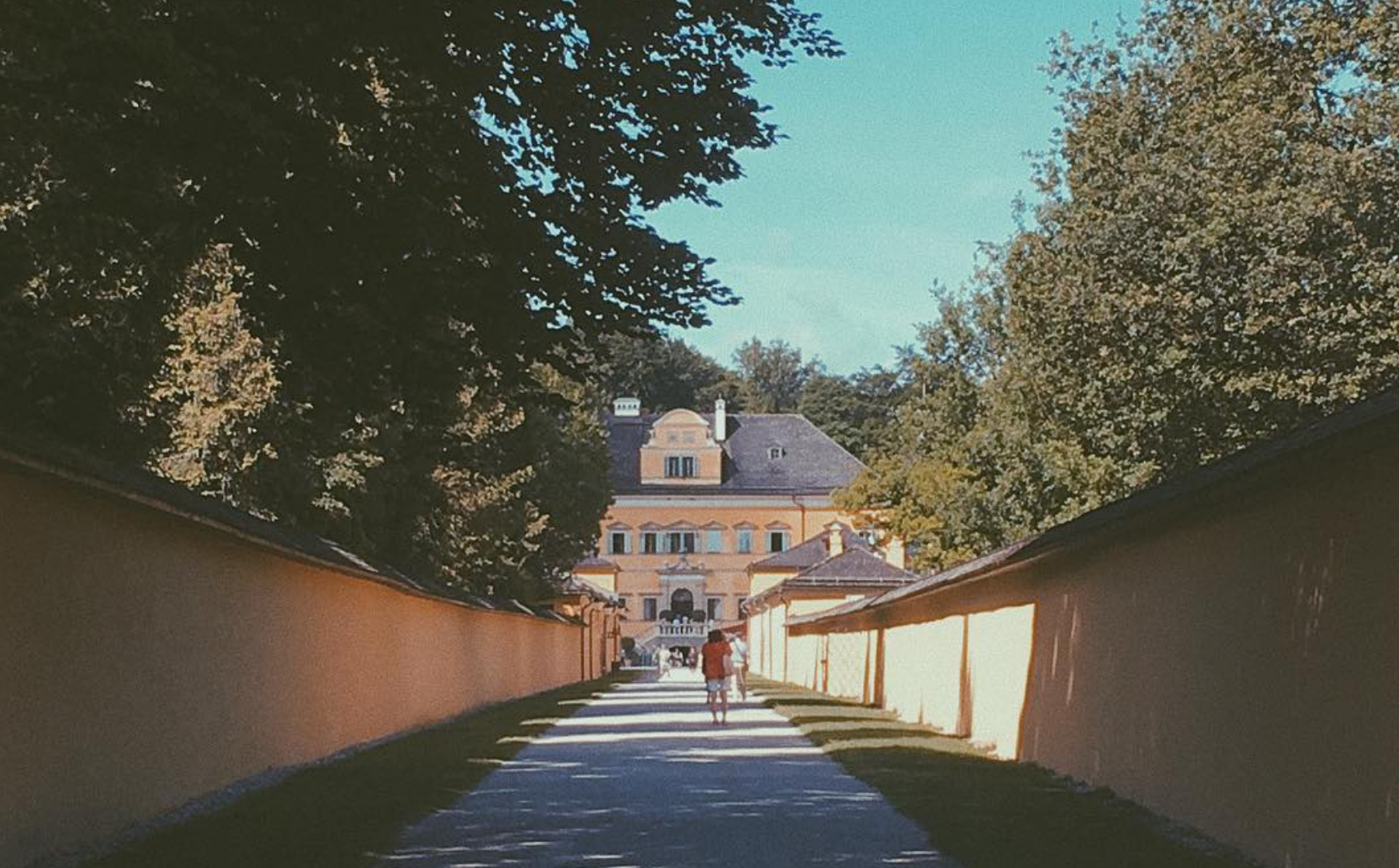
Planning a slow travel trip
At the heart of planning a slower, more sustainable trip is to begin by considering your mindset and motivations for taking a trip. On the surface, this is likely to be for relaxation, adventure or exploration but take the time to consider the wider impact your journey may have.
Think about whether the destination you hope to visit is prone to suffering from overcrowding. Could you visit an alternative region, island or city that is lesser known that may benefit from tourism? Or are you able to travel outside of the peak tourist seasons to help alleviate the pressure in popular places? Instead of staying in big chain hotels, could you stay with a local accommodation provider which will benefit the local economy?
Taking the time to consider these points at the start of your planning will help minimise the effects your trip may have on your destination.
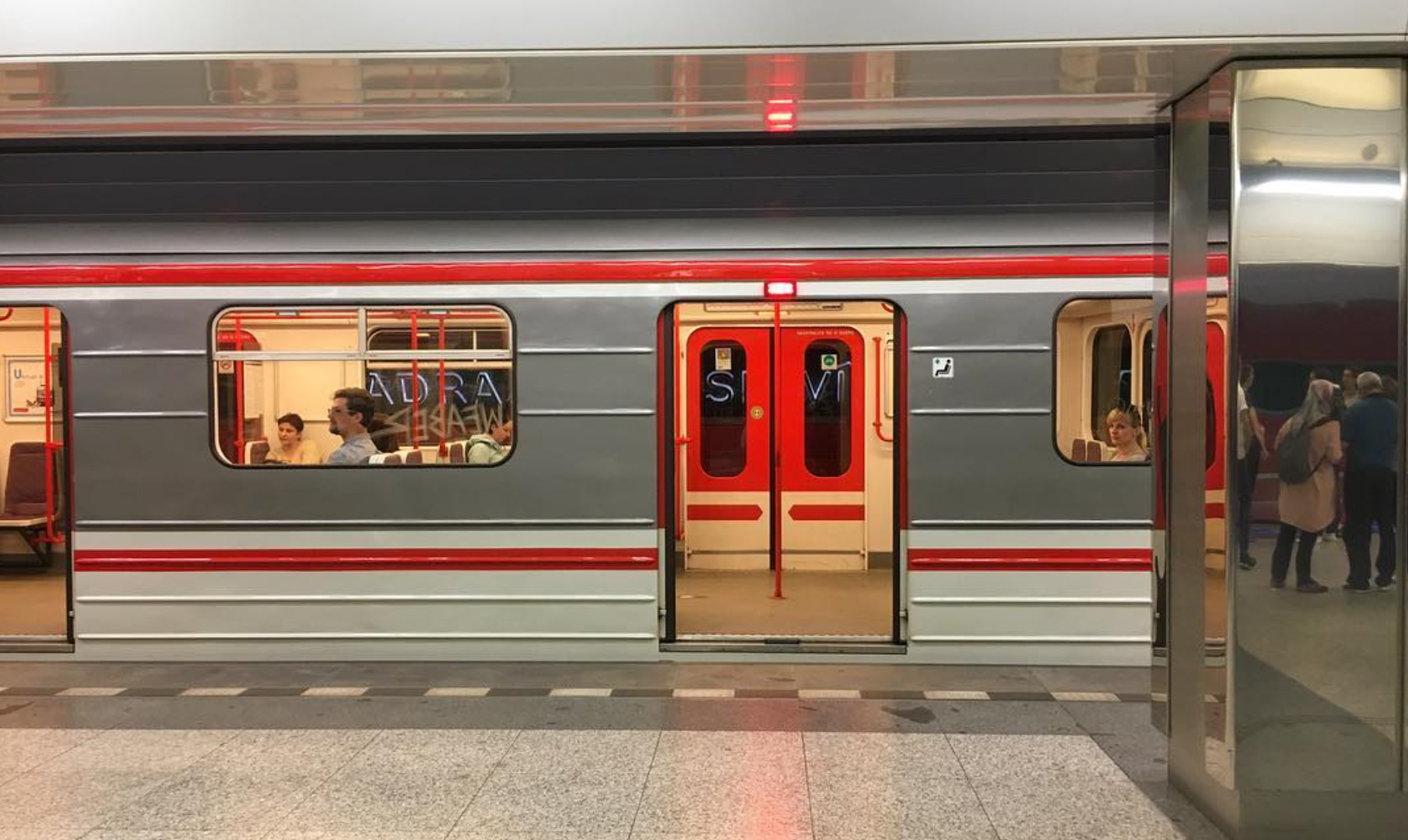
Consider alternative modes of transport
We are all well aware that any form of travel creates a carbon footprint, so how can we reduce our environmental impact when travelling to our destination? If you are travelling to Europe, why not explore taking a slower mode of transport such as the ferry or using the Eurostar and continuing your adventure by train or bus? This will allow you to see the country at a slower pace right from the start of your trip and also help to lower your carbon footprint.
One way to truly experience a much slower and more immersive pace is by walking part or all of a long-distance trail. The UK has a range of trails from the shorter Norfolk Coast Path, to the wilds of the West Highland Way in Scotland, and longer routes such as the Coast to Coast path spanning the breadth of Northern England from Cumbria to Yorkshire or the epic 630-mile South West Coast Path around Somerset, Devon, Cornwall and Dorset.
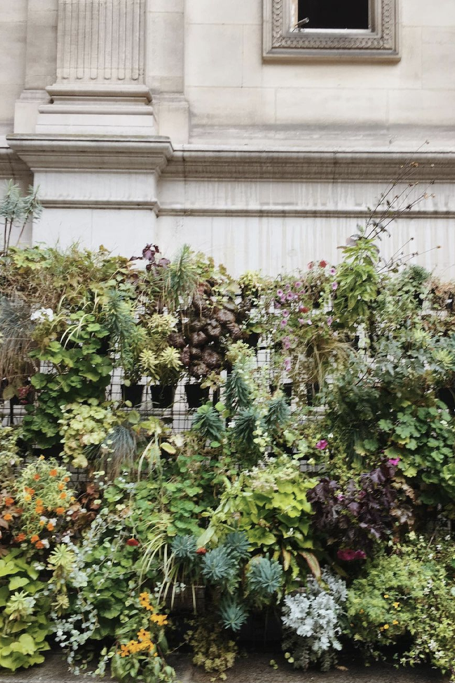
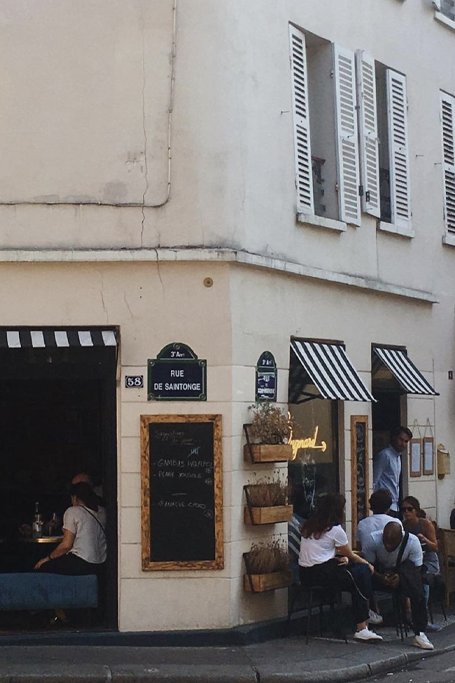
Put down the guidebook/ technology and go with the flow
It’s easy to end up creating a long list of must-dos when planning a trip using a mixture of guidebooks, review sites and social media that are packed with information from the latest tourist hot spots, new restaurants and where to get the best views. We can end up being a slave to our itineraries, darting from one place to the next and constantly reaching for our phones to capture each moment.
Try letting go of a strict plan and perhaps choose just one or two must-see places each day. This will create free time for you to just wander and take in all the sights, sounds and small details of a place. Take an old digital or film camera to record your memories to allow yourself time away from your phone. Look to see where the locals are heading to eat out or shop. If you a visiting a city, walk or hire a bike to a local park or garden within the city limits to allow yourself time to connect with nature and help you slow down amongst the hustle and bustle of the city. Savour each moment and try not to rush.
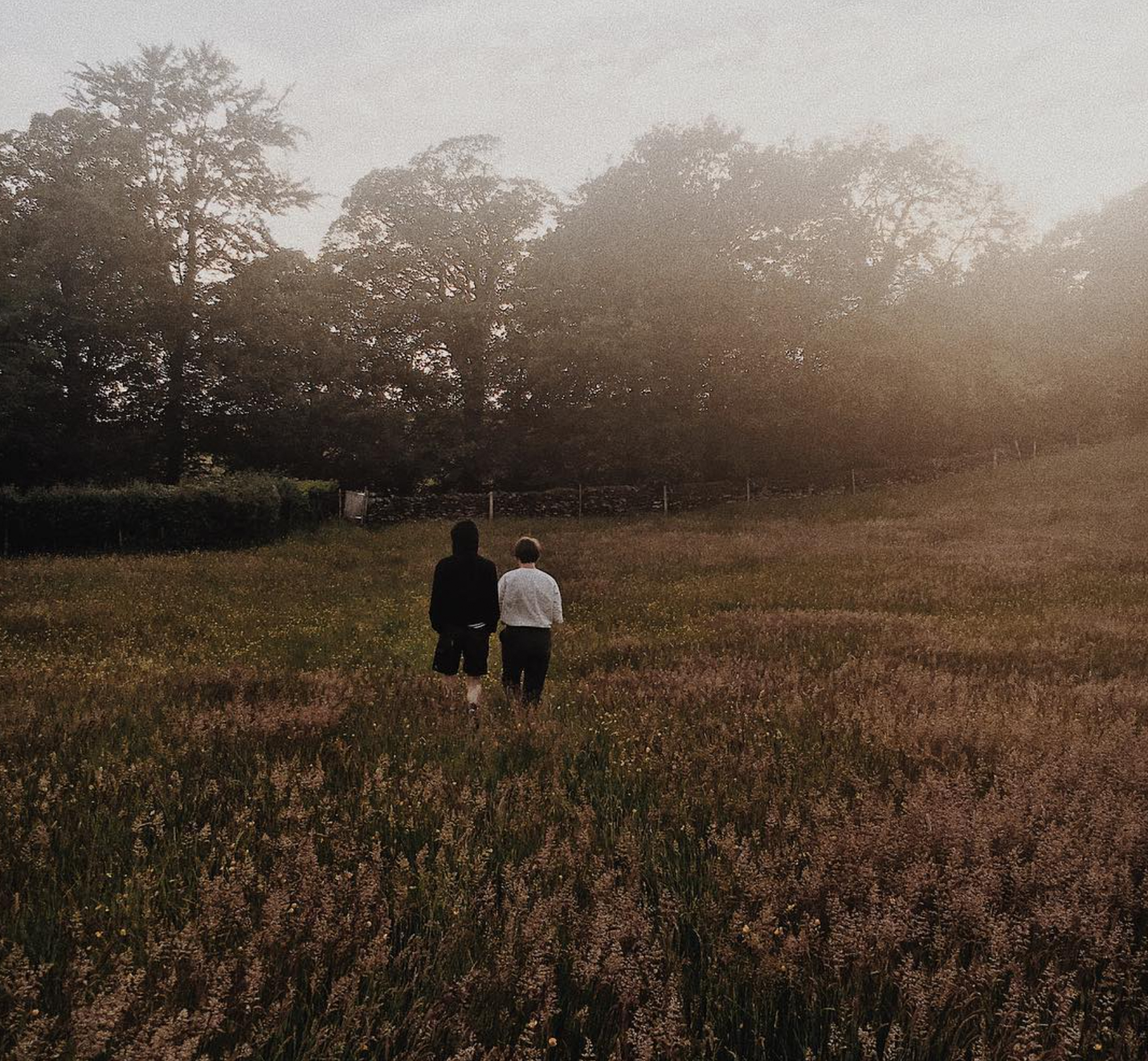
Redefining ‘travel’ and looking closer to home
We often associate ‘travel’ with journeys to faraway destinations, to explore new countries. But we may be overlooking what is on our doorstep. Why not go on an adventure to a neighbouring region, town or city you may not have been to before or rediscover an old favourite? Check to see if there are any museums or attractions you may not have visited and challenge yourself to take the journey by public transport.
By changing our mindset to add the notion that travel can also be an opportunity to be curious and explore local places with new eyes rather than always seeking to go on longer trips to satisfy our desire for adventure, we will not only help protect our planet but build a deeper connection to our local community.


